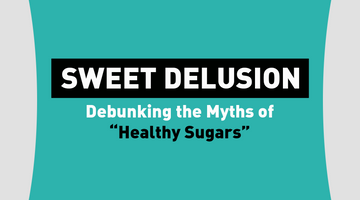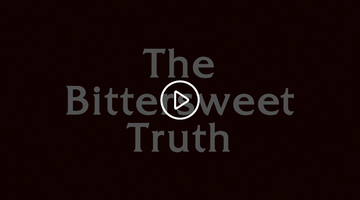Key takeaways:
Sugar is the villain, not calories: Lustig states that excessive sugar consumption, particularly fructose, is the primary driver of obesity and chronic diseases like diabetes, heart disease, and fatty liver disease. He challenges the traditional "calorie in, calorie out" model of weight management, claiming that sugar disrupts metabolism in unique ways, leading to fat accumulation and health problems.
Sugar is toxic: Lustig argues that sugar, particularly fructose, acts like a toxin in the body, disrupting metabolism and leading to a cascade of health problems, including fatty liver disease, insulin resistance, and type 2 diabetes.
The "perfect storm" of sugar and processed food: The book explains how the shift towards low-fat, high-sugar processed foods in the late 20th century created a perfect storm for weight gain and metabolic dysfunction.
Sugar addiction: The author has drawn parallels between sugar and addictive drugs, highlighting how sugar consumption triggers the brain's reward system and can lead to cravings and overeating.
Beyond personal responsibility: Lustig debunks the notion of obesity solely being a result of individual choices, highlighting the role of genetics, metabolic adaptations, and the food environment in influencing weight and health. He argues for societal measures to address the sugar industry's influence and promote healthier food choices.
Dietary misinformation and industry influence: The book exposes the sugar industry's efforts to downplay the risks of sugar and shift blame to fat and calories. This includes funding research and influencing policy decisions.
Individual and societal solutions: Lustig offers practical strategies for individuals to reduce sugar intake and improve their health, such as reading labels, cooking more at home, and limiting processed foods. He also proposes broader societal changes like taxes on sugary drinks, improved food labelling, and stricter regulations on marketing to children.
Lustig draws on scientific research, case studies, and historical context to support his claims.
The book has been praised for raising awareness about the potentially harmful effects of excessive sugar consumption.
It offers practical solutions for individuals and society to tackle this major public health challenge.






